Every once in a while, there comes one player who simply takes your breath away with precocious skill that is scarcely exhibited at such a young age. And while he hasn't completely fulfilled those expectations yet,

 Quinton de Kock
Quinton de Kock is at a point in his career where he is entering into his prime years for a batsman as his country's white ball captain. For a country with such a proud tradition that it has had a hard time accepting it's current fate, de Kock has unashamedly become the batsman on whom South Africa rely currently to an incredible extent that is not prominent in any of the other countries arguably. Very few players in history have been placed in the triple role of captaincy, opener and keeper but de Kock has taken to the role excellently, rediscovering an extra gear in his batting that he has missed and has led his team in a very encouraging way despite the issues plaguing it. Few current players are as good as de Kock on the leg-side and even fewer are as hungry as him to score runs at such a quick rate. My team needed a keeper, left-handed batsman and someone who could combine with Sehwag to blast away right from ball one. No one else could fulfill these three roles as well as de Kock.
My final pick is the one that I've been pondering on for quite sometime. Do I return to someone last seen in the PreT20 draft for his variations? Or should I opt for a player who bowls excellently first and can be an adequate bat if required at the end? In the end, I've decided to go for a player who I should have picked a long time ago in the PreT20 draft. For this pick we shall go back to where it all started for a team made up of various islands rivaling each other. A nation that has always had it's own inner self-doubts over it's place in an imperial sport but would go on to conquer cricket in the years to follow. One man was the trailblazer for all of the calypso cricketers that would originate, full of flair decades after he was done with cricket. He was a player who could be best described as the West Indian all-rounder that started it all, the father of a proud heritage that has resulted in the likes of Russell and Bravo today. With the bat, he was an inventive and attractive player who would simply prefer to send the ball packing to the boundary and was the greatest six-hitter seen since Jessop himself but could also bat patiently to save a test like he did in his last international appearance. With the ball, could bowl very rapidly but also possessed the ability to deliver a mean slower ball that could 'spin' either way and had a fearsome yorker alongside the talent to bowl a mean bouncer not unlike the Bodyline tactic followed by Larwood. This meant that a lot of his wickets would often come in a single spell where he was simply described as unplayable.
He didn't really shine in test cricket in the eighteen appearances he could manage between commitments to his Lancashire League team Nelson, who have an entire chapter in their history literally dedicated to him and his achievements. These were not times were a player could manage solely on just cricket, particularly if he was from the island of Trinidad. And so, he played whenever possible in official first-class games which shine a better light on his talent though they still fall short of what he could have accomplished in a better team and a more modern era. Despite that he starred in the Lancashire Leagues, the closest variant of what cricket had similar to IPL in those days where several of his records still stand proud. And there were times when he was the sole 'match-winner' for his team in more official games, such as two scores of 86 and 103 in just an hour along with a seven-wicket haul at the Lord's versus Middlesex. His contribution to two famous test victories versus England in 1930 should also not be forgotten, with nine wickets in the first test and five in the second alongside a 90 and 31. When he toured Australia later his accomplishments would be praised heavily, with
The Sydney Mail described him as the fastest bowler seen in Australia for years and Don Bradman described him as the greatest fielder he had seen in 1950. Indeed, it was his fielding for which he was most famous. Cricket had rarely seen such an athletic showman before him and there has arguably been no one who was his equal as world class with ball and in the field with the exception of Boult. When there was the threat of a rival league signing him in 1935, all of the Lancashire League's clubs pitched in their money to improve his contract as they all knew he was the biggest reason that crowds were frequently drawn to the games. The subsequent raise made him the highest-paid sportsman in the country for a time. A man of such influence could indeed do a lot better and inspire a change which to his credit he did, being instrumental as a statesman and politician in the later years (which would merit an entire book by themsleves) and an important figurehead in the appointment of West Indies' first permament black captain.
With the pick of the Colossus named

 Learie Constantine
Learie Constantine, my team shall be complete.

 Quinton de Kock
Quinton de Kock

 Virender Sehwag
Virender Sehwag

 Shane Watson
Shane Watson

 Gilbert Jessop
Gilbert Jessop

 Learie Constantine
Learie Constantine

 Rashid Khan
Rashid Khan
@AsadRM back to you.
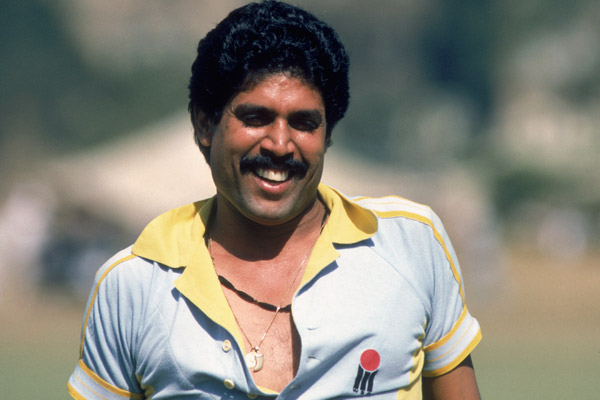





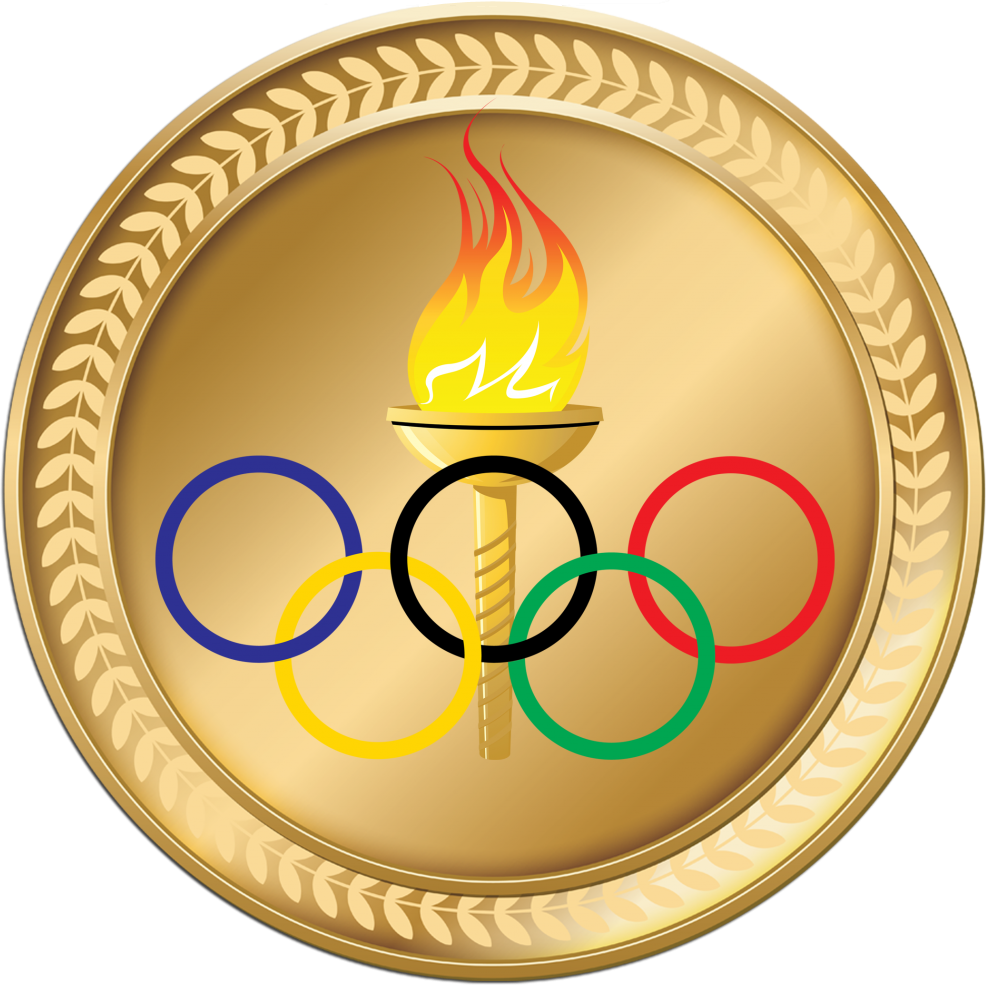

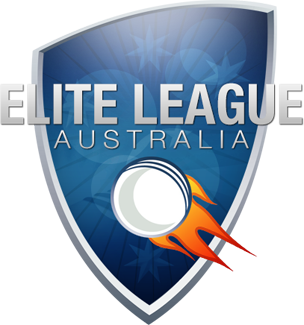
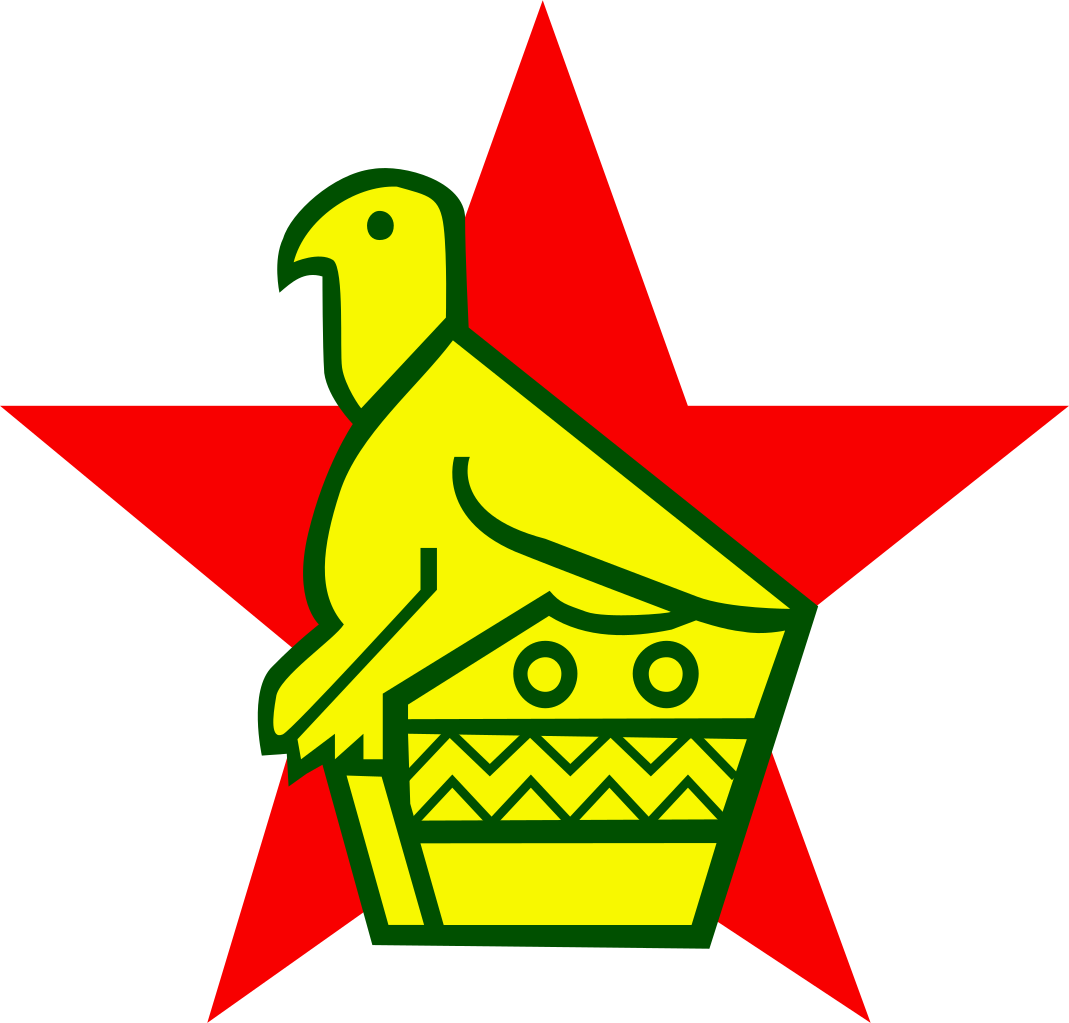













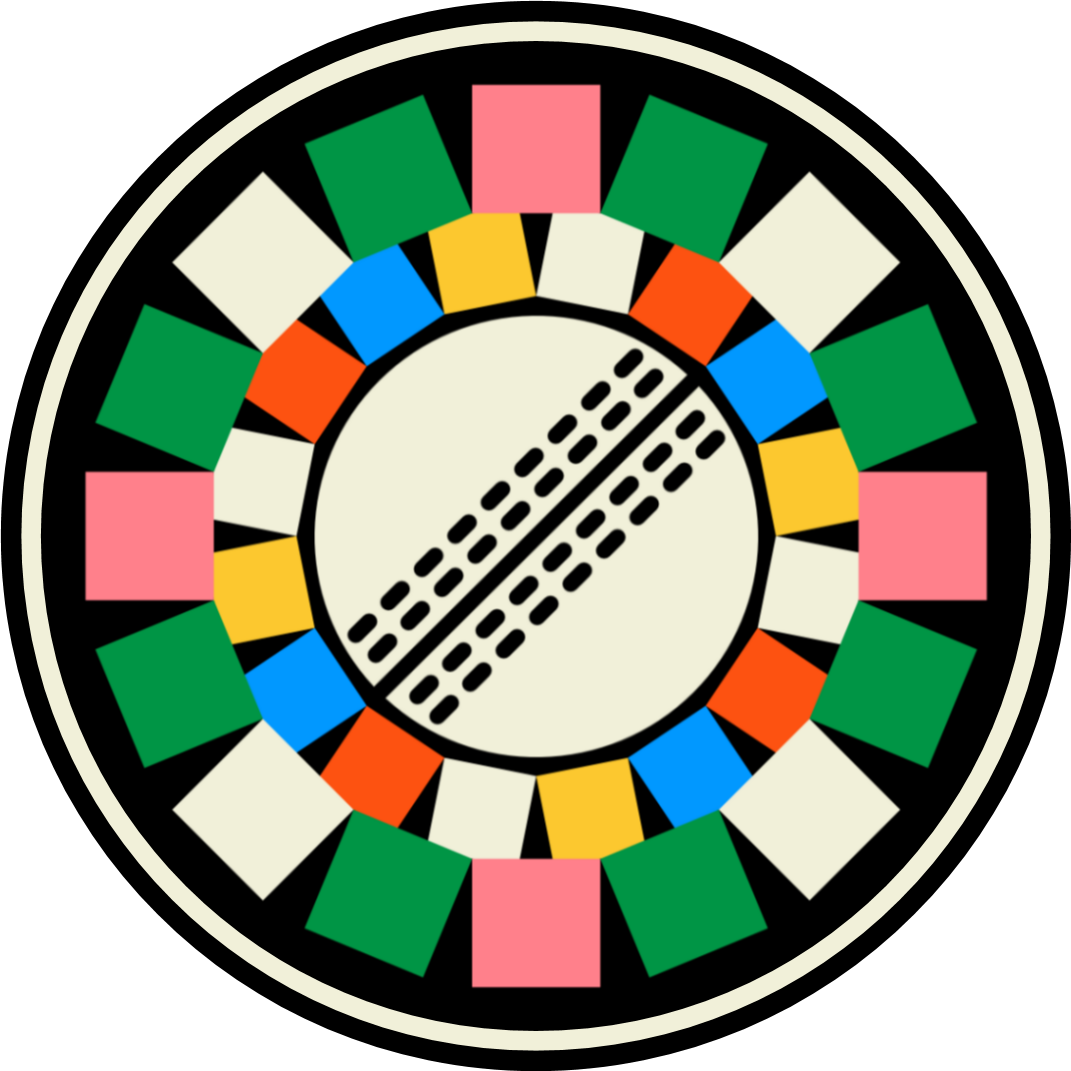

 . I didn't plan these picks really tactically and just went with the flow, thus some of my picks might sound weird (like having 4 pace bowling options). Also, there was a big gap in a few of my picks and many of the names in my mind were already picked, till the time my picks arrived. But I guess all's well if it ends well.
. I didn't plan these picks really tactically and just went with the flow, thus some of my picks might sound weird (like having 4 pace bowling options). Also, there was a big gap in a few of my picks and many of the names in my mind were already picked, till the time my picks arrived. But I guess all's well if it ends well.